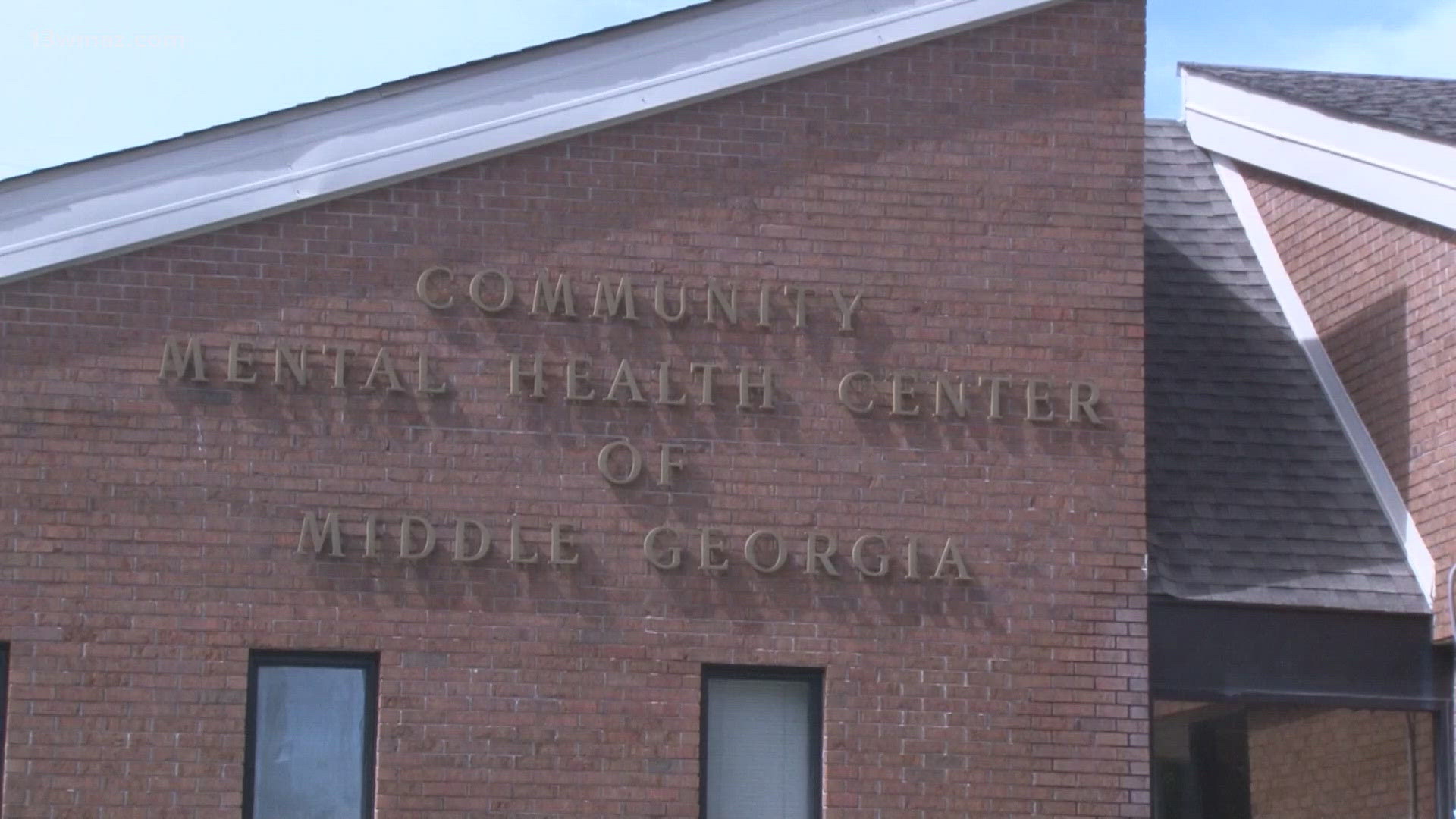DUBLIN, Ga. — In July, the Community Service Board of Middle Georgia received a $1.356 million grant under the Edward Byrne Memorial Justice Assistance Grant (JAG) program.
Part of it is going to support their jail in-reach program, which helps former jail inmates integrate back into society.
According to the Prison Policy Initiative, Georgia has an incarceration rate of 881 per 100,000 people (including prisons, jails, immigration detention, and juvenile justice facilities).
Stephanie Kucera used to be incarcerated herself, but now works at Community Service Board of Middle Georgia as a clinical supervisor.
"Sometimes they have disconnected so much, that they feel like they, there is no out," Kucera said.
It took her a long time to overcome her addictions, which is why she works in the recovery sector today.
"I was in active addiction until my 27th birthday," Kucera said.
She says she was able to get clean while in jail, and said she maintained her sobriety thanks to a support system of family, and meetings.
She went to school for addiction studies, and graduated with a masters to help others get through the same battles she faced.
"And addictive diseases is not just the substance abuse that we see that tends to land people in jail. It can land people in jail, it can be a lot of things. It can be relationships, it can be money, it can be work, it can be gambling," Kucera said.
No matter what people are addicted to - Kucera said it's nearly impossible to get overcome it alone. That's why she's helped organize programs like the jail in-reach program.
It works by connecting incarcerated people with a peer support specialist, who they can relate to because they've also gone through a similar past, and made it out the other end successfully.
"As we put these peers in the jails, they're able to make these connections with people who feel like they aren't worthy of these connections anymore, because of the stigma and discrimination that happens," Kucera said.
The specialists meet one-on-one at the jails to talk to inmates, and show them how to integrate back into life outside.
Community relations coordinator Erica Stokes says that can make all the difference to prevent someone from reoffending.
"I do believe that some of the recidivism that we have received from incarcerated individuals not being able to integrate correctly, is due to the lack of support," Stokes said.
She said she's proud to work in Georgia, where peer support for addiction really began in 1999.
She said in Community Service Board of Middle Georgia's past, it was more of a social worker role that worked with incarcerated individuals. When they switched it over to a peer support specialist who could relate more to the inmates, Stokes said they saw a lot of success with it.
The specialists don't just stop guiding individuals once they're released from jail.
"An example, peer supports would help them with the documentation process to help them get all the documentation they need to begin a job," Stokes said.
The grant will help hire more specialists, and also help inmates buy medications and clothes they need for job placement. Community Service Board of Middle Georgia serves 16 counties, and they already have the jail in-reach program at places like Telfair County, and Dodge County. They hope to expand to more jails this year.

